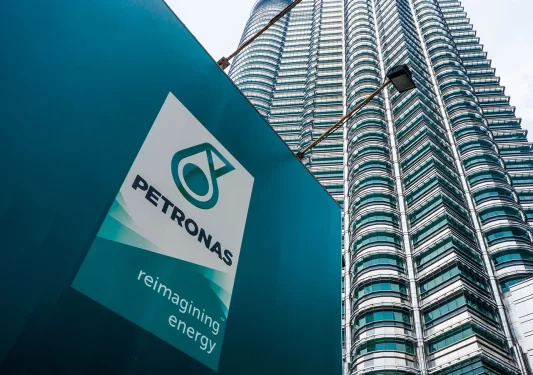THE Madani government’s push for electric vehicles (EVs) was initially praised, as EVs are seen as better for the environment than fuel-powered cars.
However, the high prices of EVs have made them unaffordable for most Malaysians — especially since almost 35% of formal workers earn less than RM2,000 a month.
Under current policies, EVs are exempt from import and excise duties until the end of this year. This has triggered criticism on social media.
Some users on X pointed out that while EV buyers — often the wealthy — get to enjoy tax-free benefits, regular Malaysians who buy fuel-run cars must still pay high taxes.
One user said that someone buying a locally made car like the Proton Saga would still pay around RM15,000 in excise and sales taxes. Many Malaysians need a car just to go to work, especially in a car-dependent country like Malaysia.
Meanwhile, luxury EVs like the Porsche Taycan — which costs RM675,000 — are completely tax-free.
When a low-income M’sian buys a Proton Saga, he pays RM15,375 in excise & sales tax.
But when a rich man buys an EV Porsche Taycan, he pays zero — saving over RM600,000.
Tesla Model 3 saves RM225k.
BYD Dolphin saves RM120k.Well done, Madani. Reward the rich, tax the poor.
— khalid karim STEMKITA (@khalidkarim) June 6, 2025
To put things into perspective, that car costs nearly as much as the median house price in the Klang Valley, which is around RM745,000.
Another user pointed out that even if Malaysians pay less income tax than in some countries, they still end up paying a lot of “indirect” taxes on daily goods and services.
Malaysia’s income tax may be lower than many countries but we pay a lot more indirect taxes
— 1negara (@1negara1) June 7, 2025
Many Malaysians online feel that the current EV policy seems to benefit the rich while leaving the poor behind.
There’s growing frustration over why Malaysia has set an RM100,000 minimum price for EVs — especially since brands like BYD offer much cheaper EVs in places like Thailand and China. This price gap has raised concerns about fairness and accessibility in Malaysia’s EV market. — June 7, 2025
Main photo credit: Shutterstock








